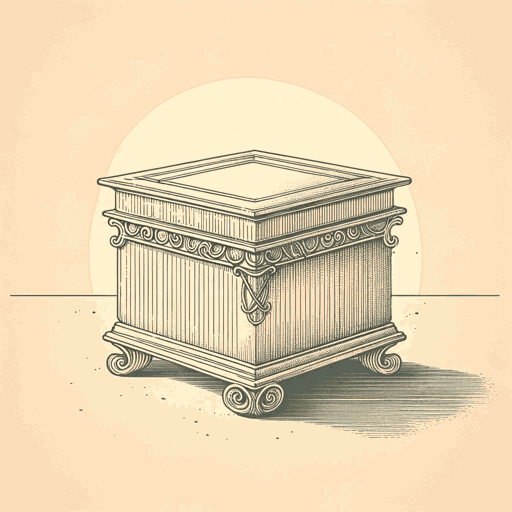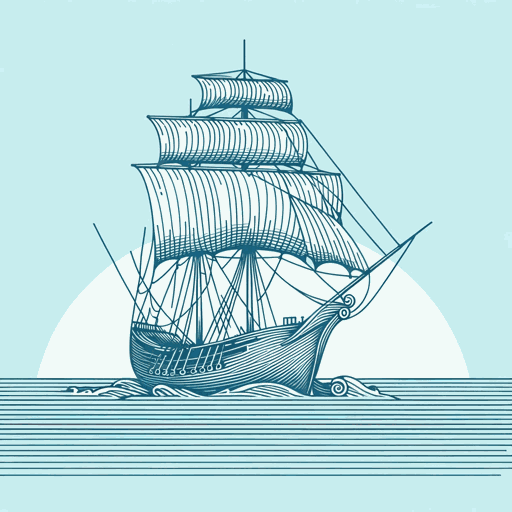96 pages • 3 hours read
Bernard EvslinHeroes, Gods and Monsters of the Greek Myths
Fiction | Short Story Collection | YA | Published in 1966A modern alternative to SparkNotes and CliffsNotes, SuperSummary offers high-quality Study Guides with detailed chapter summaries and analysis of major themes, characters, and more. For select classroom titles, we also provide Teaching Guides with discussion and quiz questions to prompt student engagement.
Important Quotes
“Poor child. You are being destroyed by your own worth. Your talent has poisoned you with pride like the sting of a scorpion. So that which makes beauty brings death.”
(Part 1, Chapter 3, Page 24)
Here, Evslin captures a central concept in Greek myths, which is that the same quality that makes a hero exceptional also leads to the hero’s downfall. Arachne’s outstanding skill as a weaver brings her so much acclaim that she foolishly begins to believe herself comparable to the goddess of weaving herself. Athene pities Arachne for her reckless pride, though she will punish her for it.
“The earth was held as a commonwealth and left to the goddesses to manage.”
(Part 1, Chapter 4, Page 25)
Zeus, Poseidon, and Hades rule over the sky, sea, and underworld respectively, which has often led them to be described as the most powerful gods. Evslin points out that goddesses also had a domain of power: the earth itself. Evslin’s description of it as a “commonwealth” suggests that the goddesses’ power is collaborative, a very different model from the competitive, combative qualities that often characterize the relationships among Zeus, Poseidon, and Hades.
“Poseidon was very fond of Demeter and pursued her hotly whenever he thought about it. He cornered her finally one hot afternoon in a mountain pass, and demanded that she love him. She didn’t know what to do—he was so huge, so implacable, so persistent.
Finally Demeter said, ‘Give me a gift. You have made creatures for the sea; now make me a land animal. But a beautiful one, the most beautiful ever seen.’”
(Part 1, Chapter 4, Page 26)
Violence against people perceived to be physically weaker is pervasive in ancient Greco-Roman myths, whether perpetrated by gods, monsters, or mortals. Evslin does not sanitize this element but maintains it and dramatizes how mythic stories portray physically weaker being protecting themselves. In this case, Demeter cannot physically overpower Poseidon, but she can distract him. Her ruse works, as he becomes so enchanted with his creation that he forgets about Demeter.


